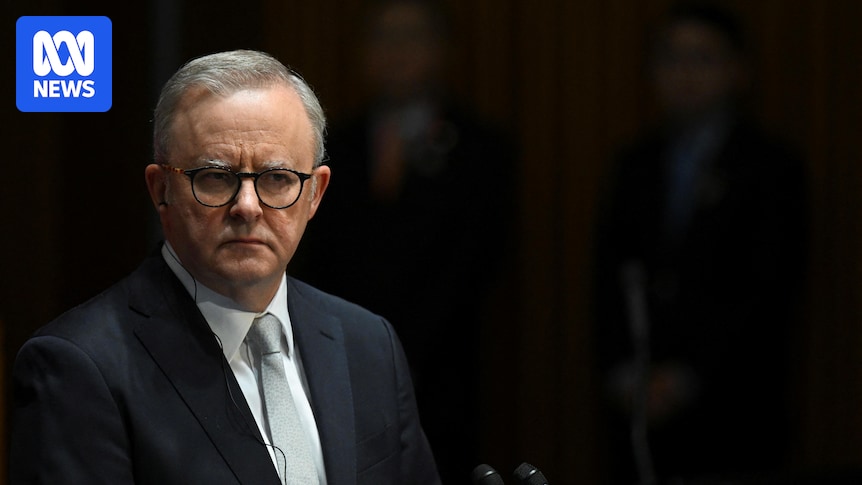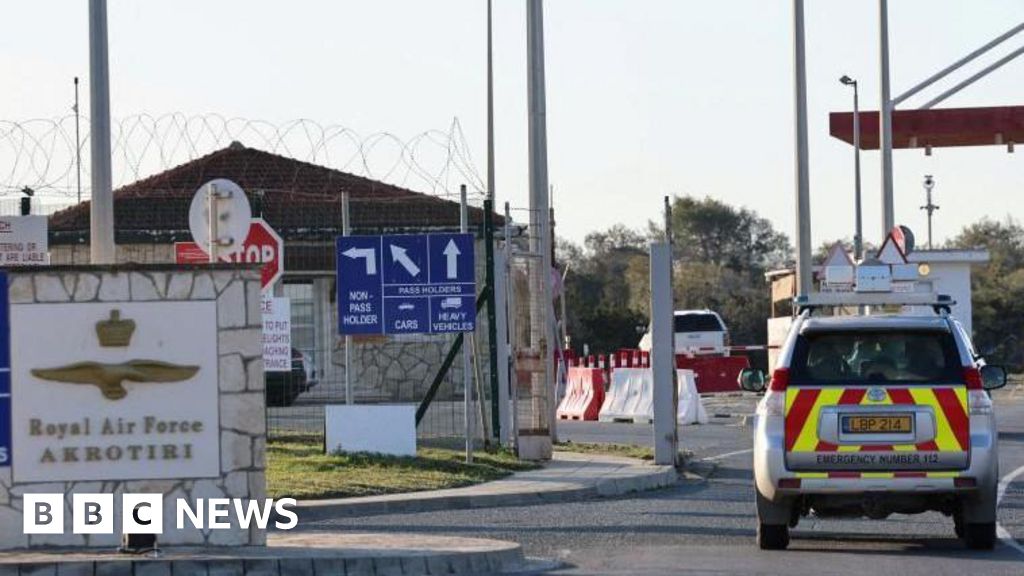
The United States’ recent demands for clarity on Australia’s military stance in the event of a conflict with China over Taiwan have added a layer of complexity to Prime Minister Anthony Albanese’s visit to China. This request comes at a time when US foreign policy appears unpredictable, raising questions about the reliability of its commitments.
The situation is reminiscent of a relationship where one partner seeks unwavering commitment while reserving the right to act independently. Such dynamics have been highlighted by US President Donald Trump’s inconsistent foreign policy decisions, particularly in the context of the ongoing conflict in Ukraine.
US Foreign Policy: A Chaotic Landscape
The US has been pressing Australia to clarify its position on a potential future conflict in the Asia-Pacific region. This demand comes amid the backdrop of a disordered US defense strategy. Recently, the Pentagon halted weapon deliveries to Ukraine during a critical phase of Russian aggression, citing the need to preserve American stockpiles. President Trump later admitted to being unaware of the halt, illustrating the erratic nature of current US policy.
“The confusing tale — with a thankfully positive outcome if you believe in the defense of a democratic nation that is facing a violent invasion — is a cautionary one about the erratic way US foreign and defense policy is now being made.”
Meanwhile, US Defense Undersecretary Elbridge Colby has been urging allies like Japan and Australia to declare their military commitments regarding Taiwan. This push is part of a broader review of the AUKUS partnership, which involves a nuclear submarine deal between the US, UK, and Australia.
AUKUS and Australia’s Defense Autonomy
Acting Defense Minister Pat Conroy has reiterated Australia’s longstanding policy: the decision to commit troops to war rests with the government of the day. Conroy emphasized that Australia’s sovereignty in making such decisions remains intact, despite the deep ties with the US through AUKUS.
“The sole power to commit Australia to war or to allow our territory to be used for a conflict is the elected government of the day. That is our position,” Conroy stated.
However, the AUKUS agreement complicates this stance, as expectations from the US may arise that could conflict with Australia’s national interests. The Trump administration’s review of AUKUS is still ongoing, and the outcome remains uncertain.
China’s Diplomatic Overtures
As these defense discussions unfold, China has been extending diplomatic courtesies to Prime Minister Albanese. This comes at a time when Australia’s strategic environment is increasingly tense, with China acting as both a major trading partner and a potential adversary.
Albanese’s visit to China coincides with the Talisman Sabre military exercises, a joint effort between Australian and US forces. These exercises are taking place at a politically sensitive time, adding another layer of complexity to Australia’s foreign relations.
Conroy has acknowledged the likelihood of Chinese surveillance of these exercises, stating that Australia will adjust its operations accordingly to manage potential intelligence leaks.
Strengthening Diplomatic Ties
Amid these geopolitical challenges, Treasurer Jim Chalmers has emphasized the importance of transitioning Australia’s relationship with China from stabilization to strengthening. This shift is seen as crucial for harnessing economic opportunities while maintaining a firm stance on key issues such as the South China Sea and human rights.
Albanese’s visit is an opportunity to elevate economic ties with China, but it also highlights the need for a stronger alliance with the US. The Australian public remains skeptical of US leadership, given the unpredictable nature of President Trump’s decision-making.
Australian economist Justin Wolfers, based in the US, offers a blunt assessment of the situation:
“Part of me that’s an Australian finds the following very painful — the answer is nobody over here cares. But it’s not just Australia, in fact that’s been the same disdain they’ve treated far larger economies.”
As Australia navigates these complex relationships, the focus remains on maintaining sovereignty while leveraging alliances for national security and economic prosperity.







